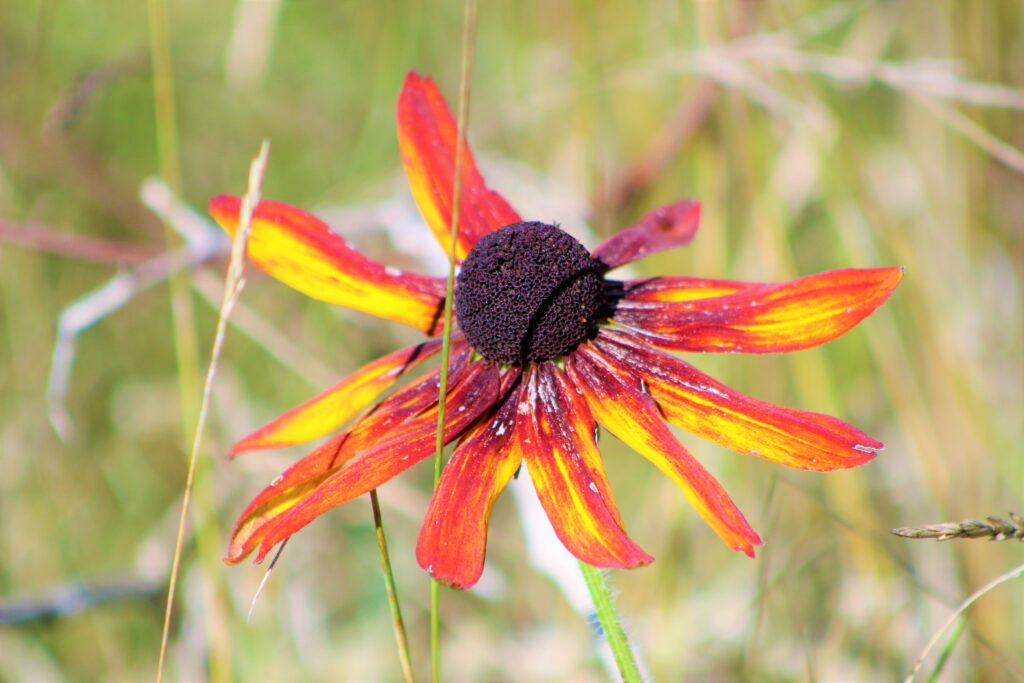No time to waste

By Nate Smelle
THERE IS NO PAIN as great, as that which we feel following the loss of a loved one. Tragically, this deepest suffering is also the most relatable, since everyone of us will inevitably lose someone; and, eventually, when our time comes become one of the lost.
From a young age, beginning before we even have the capacity to understand life and death, we are seasoned by society to prepare for our unavoidable confrontations with death. Everything … the literature we read, the programs and movies we enjoy, the music we listen to, and the food we eat, plays a part in educating us about the inevitability of death.
When we take time to read a book, a magazine, a newspaper, whether we consciously recognize it or not, every word and image published – as well as the unwritten messages between the lines – are there for us as a source of inspiration encouraging us to contemplate the meaning of our existence. Likewise, when we invest our time in listening to music, experiencing a movie or television program, or appreciating a piece of art, we are gifted by the artists behind these creations with a unique opportunity to stare into the abyss, and meditate on the Great Mystery that we are all a part of.
People of faith have their own understanding of what comes next; as do those among us who do not believe in a God or Gods. As deep as ones convictions on either side of this fence might be, in reality we do not know where our consciousness goes when we die.
Biologically the living soup of water and organic matter that gives us our physical shape is absorbed back into the Earth, and reincarnated as new life. To me, this in itself is a miracle that proves to us that we are part of something bigger than ourselves; something divine that is beyond our mere human comprehension. Of course, scientifically the sun, Earth, and gravity each play their part in this cosmic dance of the elements. Still, the reason why their interactions come together in a way that spawns life on this planet remains a mystery.
Before he crossed over into the Great Mystery, Blackfoot Elder and Chief of the Siksika First Nation, Crowfoot pondered the timeless question, “What is life?” His assessment: “It is the flash of a firefly in the night. It is the breath of a buffalo in the wintertime. It is the little shadow which runs across the grass and loses itself in the sunset.”
Beautiful and transient as they are on their own, every moment of our existence we take the time to appreciate, adds meaning to both our lives as individuals, and life itself. The more time we invest in appreciating this beauty, the less time we waste on the ugliness we manifest in our world. The less time wasted on such ugliness, the more quality time we have to give those we love.
This past year, more than any year in my personal memory, it seems like we have been faced with one tragic loss to our community after another. With each of these losses a giant hole has been left behind in the community that can never be filled in the same way again. However, despite the legacy of sadness residing in these spaces, there are also opportunities to evolve into something better. Rather than residing in the feeling of emptiness we might be experiencing, we must ask ourselves: why we feel this way? Ask what is it about the lives of our lost loved ones that we miss most, and why? Question how those we love would want to be remembered?
By asking ourselves these tough questions, we in turn take the first step in honouring their life's work and purpose in a way that gives greater meaning to their life, and all of existence.
|
